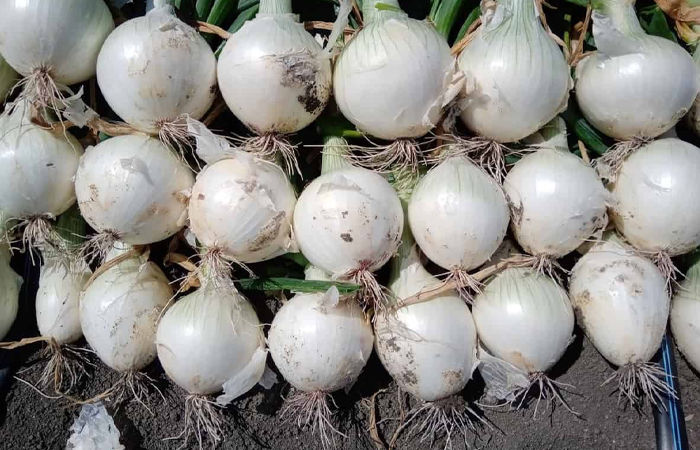India has strong regulatory framework for seafood units : Commerce Ministry
India has a strong regulatory framework for its 548 seafood units, with world-class facilities in fish processing that are inspected and monitored by various government agencies on a regular basis, the commerce ministry said.
This statement follows recent reports raising concerns over food safety and labour conditions within the Indian shrimp industry.
All units are registered with the Marine Products Export Development Authority (MPEDA) and the Food Safety and Standards Authority of India (FSSAI), with additional approval from the Export Inspection Council (EIC). Moreover, 46 independent pre-processing units are registered by the authority, the Ministry added.
Shrimp hatcheries and aquaculture farms are registered with the Coastal Aquaculture Authority (CAA) and State Fisheries Departments, ensuring adherence to national and international regulatory provisions.
MPEDA also registers aquafarms to strengthen the traceability system of aquaculture products and comply with national and international regulatory provisions, which encompass the United States’ Seafood Import Monitoring Programme (SIMP).
“The production and processing systems are regularly monitored by regulatory agencies in India and are subjected to audits by inspectors of the US FDA (Food and Drug Administration), European Commission, GAC of China, Export Inspection Agency, MPEDA, etc., in addition to scores of private and certification audits,” it said.
The pre-processing and processing units follow a HACCP (Hazard Analysis and Critical Control Point)-based food safety management system in accordance to the US Code of Federal Regulations.
In order to promote product safety, using pharmacologically active substances has been prohibited in aquaculture since 2002.
National regulations and monitoring measures like the National Residue Control Plan, ELISA screening labs, in-house labs, and pre-export checks make sure that the food safety hazards, including antibiotic residues, do not become part of the product value chain, posing risk to consumer health.
“The inter-departmental task forces in states monitor hatcheries, farms, aquaculture input shops and feed mills and punish the violators to curtail the sale and usage of unauthorised inputs, including banned antibiotics in the aquaculture sector,” it added.
The ministry said that measures to impose a ban on the use of antibiotics Chloramphenicol and Nitrofuran in all food-producing animal systems are also being undertaken.
MPEDA has set in motion a certification scheme called ‘Shaphari’ to ensure quality produce.
In order to maintain remarkable levels of hygiene and safety, the Commerce Ministry said all the technicians and workers in the pre-processing and processing units, along with the farmers, technicians, and workers in hatcheries and farms receive extensive training on sanitary practices, food safety hazards and good management practices.
Conducted by various agencies like MPEDA, EIAs (export inspection agencies), NaCSA (National Centre for Sustainable Aquaculture), state departments, and ICAR (Indian Council of Agricultural Research) institutes, the workshops are part of the government’s commitment to worker welfare and product quality.





